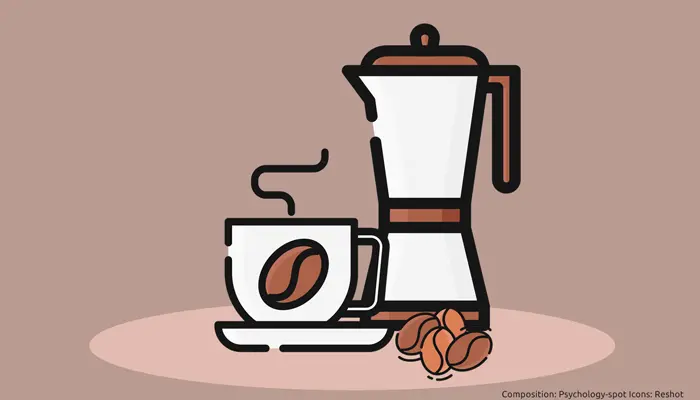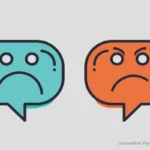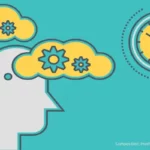
The scenario is familiar: you have not been able to sleep well, either because you have been working late to finish a project, you have gone to a party or an annoying mosquito buzzed near your ear every time you managed to fall asleep. The next day, drowsiness is there and you are not yourself. Your performance plummets and you don’t even know where your head is. So you turn to a cup of coffee – or two – in hopes of raising your alertness level. And you do wake up, but apparently and according to science, not quite and not enough.
Caffeine improves attention, but not memory or thinking
A new study by researchers at the University of Pittsburgh revealed that is not the case. In fact, caffeine restored alert attention to regular levels in the sleep-deprived participants. But it had little impact on other types of performance that are important for all kinds of jobs.
These researchers recruited 276 students with normal sleep habits. They came to the lab at night to complete two tasks. The first was a simple computer visual surveillance task: a red circle appeared on the screen at random intervals, and each time they saw it, they had to click. If they took more than 500 milliseconds to respond to a circle, it was counted as inattention.
The second task, called follow-through, was more complex as participants had to remember seven steps in the correct order and were often interrupted mid-sequence, so they had to resume correctly by following the rest of the steps. The researchers counted the number of errors they made.
Upon completion of these tasks, some participants were able to sleep, but others had to stay awake overnight in the lab. The next morning, everyone who didn’t sleep received either a capsule containing 200 mg of caffeine or a placebo.
They then completed a second round of the same visual surveillance and site maintenance tests. The differences in the results were clear. Sleep deprivation (without caffeine) impaired performance on both tasks.
With caffeine, sleep-deprived people performed just as well on the visual vigilance task as those who had gotten a good night’s sleep. However, caffeine did not help the follow-up task. That means that while coffee can increase our attention span, it’s not enough to activate all of our cognitive resources.
How does caffeine really work in the brain?
Caffeine is a nervous system stimulant. Basically, in the brain, caffeine blocks the adenosine receptor, a substance that has a sedative and inhibitory action on neuronal activity.
Our nervous system continuously monitors adenosine levels through a series of receptors and when they reach a certain threshold, it decides it’s time to rest. At that time we start to feel sleepy, find it difficult to concentrate and think slowly. In other words, thanks to adenosine, our brain detects when we need to rest.
Caffeine inhibits the function of adenosine since their molecules are similar. Therefore, adenosine receptors accept caffeine, but it blocks them instead of activating them, as adenosine would do to induce sleep. As a result, other stimulating substances, such as dopamine and glutamate, continue to do their job to keep us awake.
Until recently it used to be thought that cognitive deficits caused by sleep deprivation; that is to say, the drowsiness, the difficulties to concentrate and the slowing down of the thought, were caused by deficits of attention, so that, when restoring this, the rest of the cognitive problems should disappear.
However, this research shows that sleep doesn’t just affect our level of attention, and while coffee can restore alertness, it doesn’t fully restore all cognitive processes.
In fact, coffee is not a stimulant in itself, but an inhibitor that gives way to other substances with activating power. Basically, what caffeine does is removing from our brain the signal that indicates that we are tired and need sleep.
Thus, there is an important message, particularly in jobs where it is essential to remember a sequence of key steps, from factories to hospitals: while caffeine restores simple attention, it could be dangerous to use it to address cognitive deficits caused by sleep deprivation. Caffeine can increase energy, reduce drowsiness, and even improve our mood, but it is in no way a substitute for a good night’s sleep.
Source:
Stepan, M. E., et. Al. (2021) Caffeine selectively mitigates cognitive deficits caused by sleep deprivation. Journal of Experimental Psychology: Learning, Memory, and Cognition; 47(9): 1371–1382.



